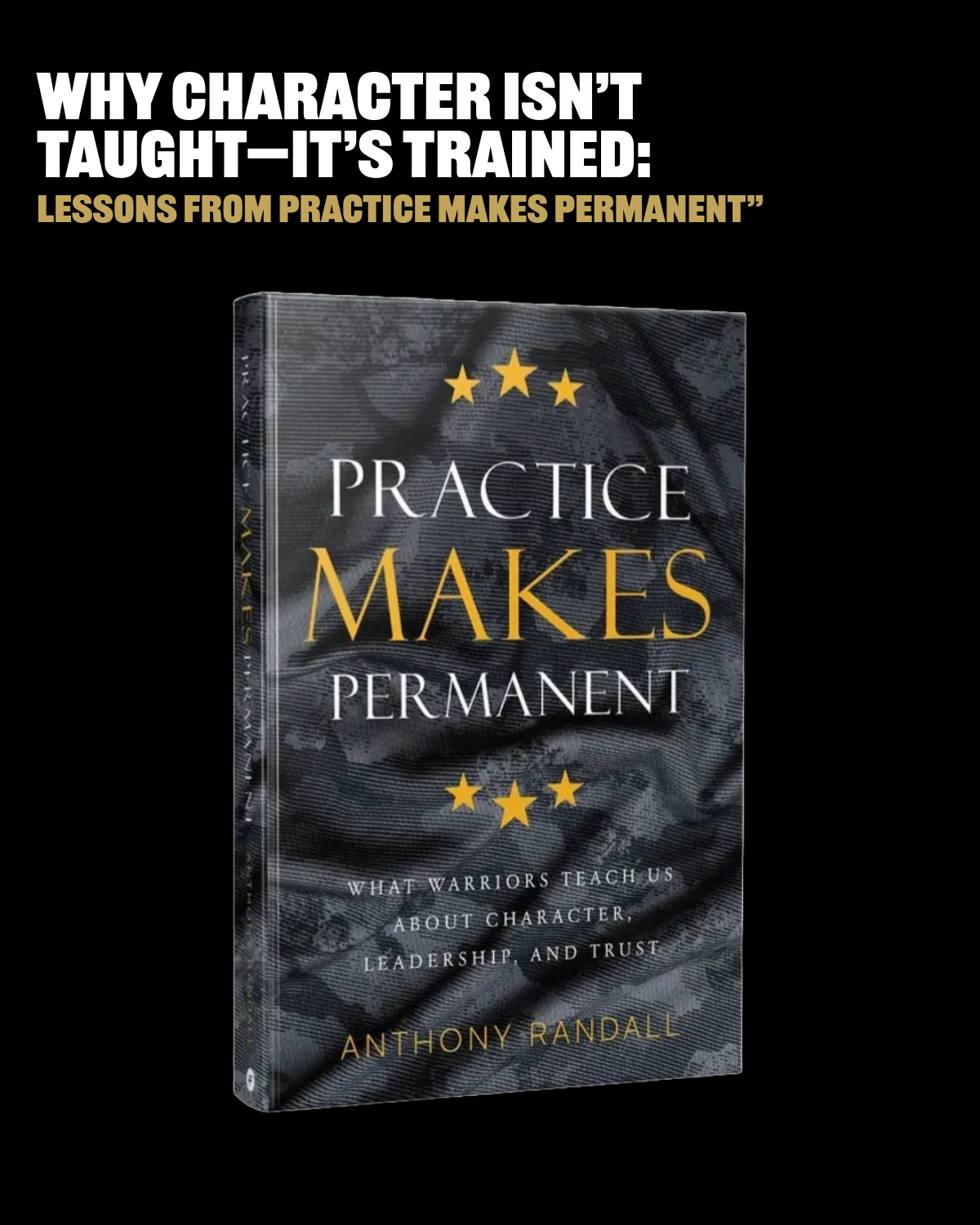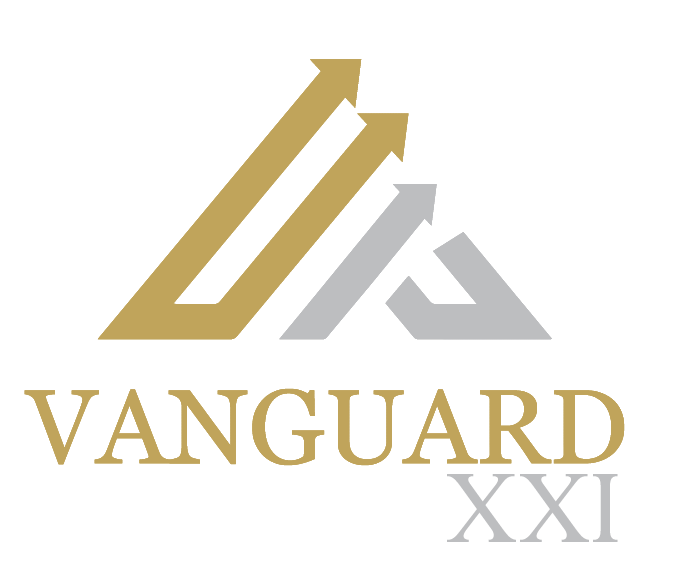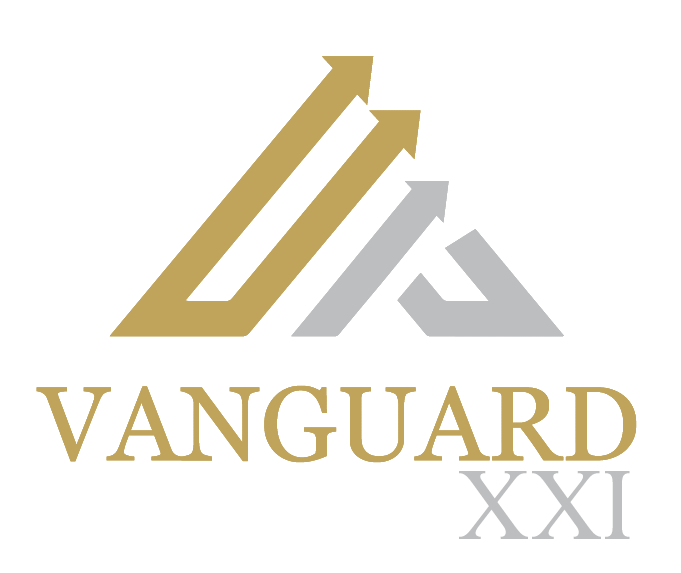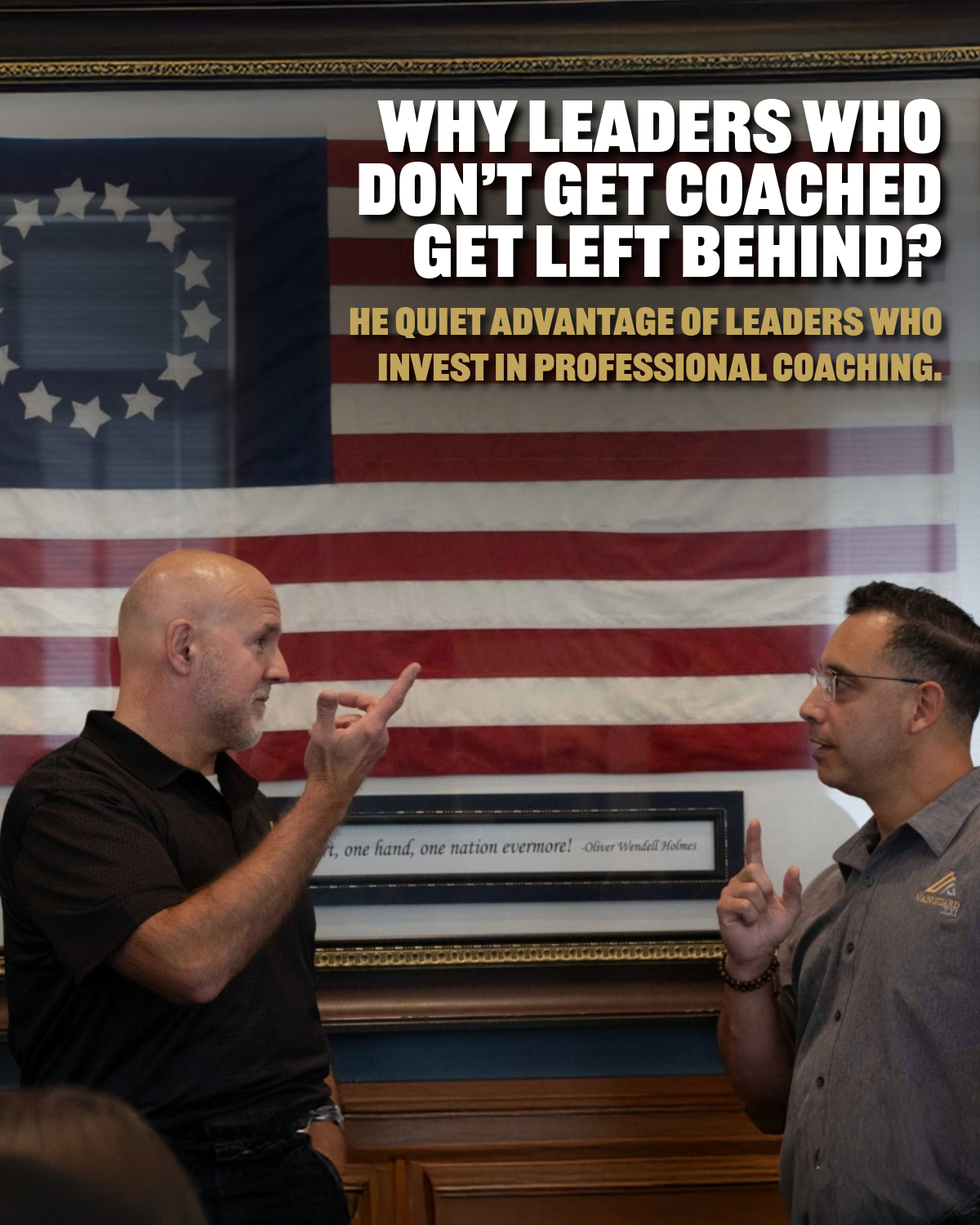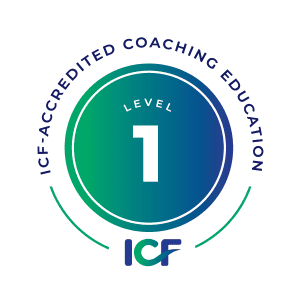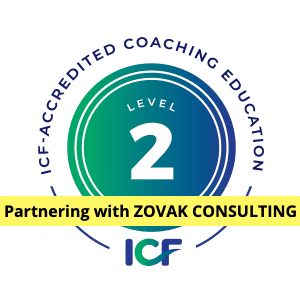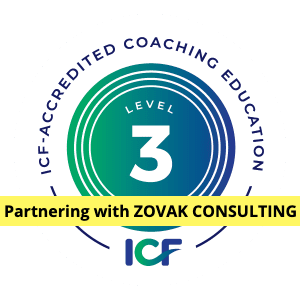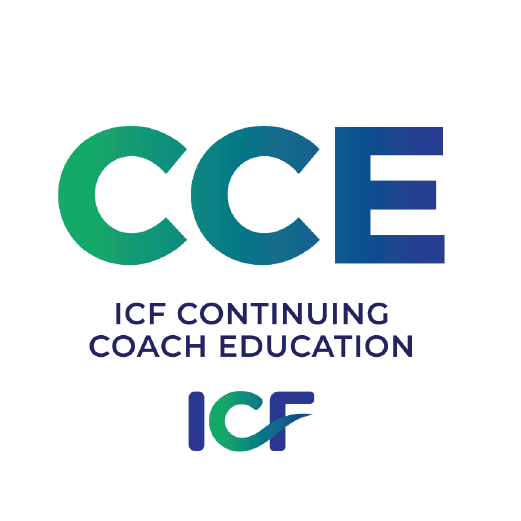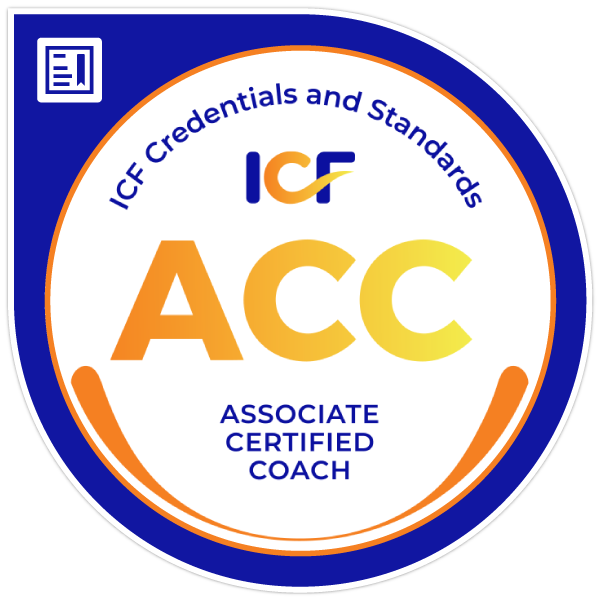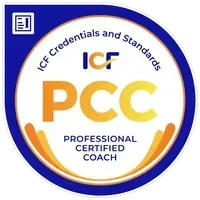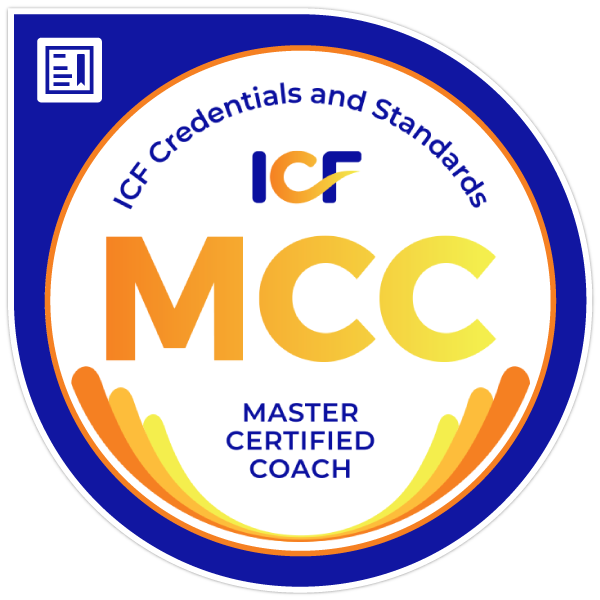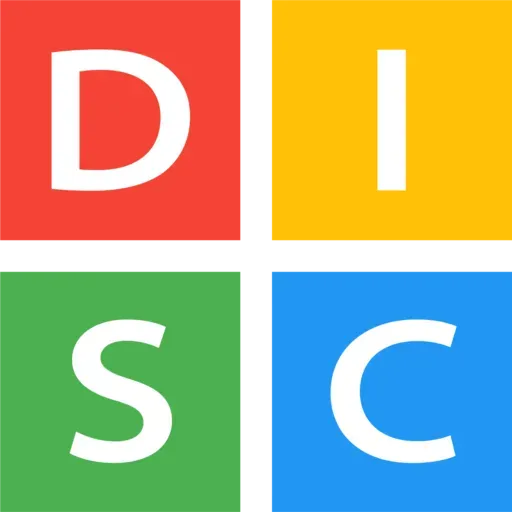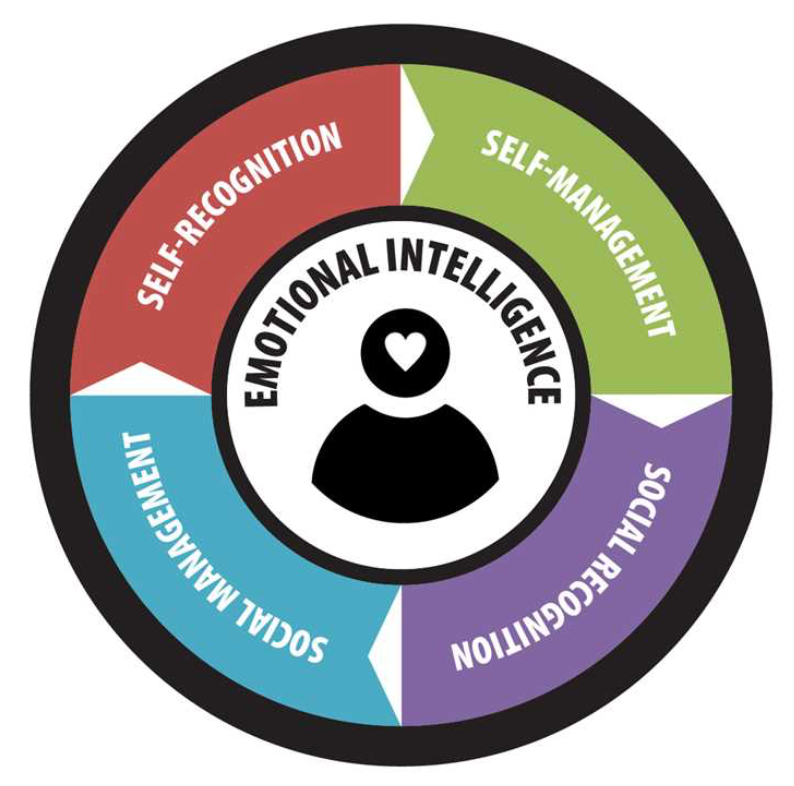ICF Coaching vs. Mentoring vs. Consulting: Why the Distinction Matters
ICF Coaching vs. Mentoring vs. Consulting: Why the Distinction Matters
In the world of personal and professional development, the terms coaching, mentoring, and consulting are often used interchangeably. But these disciplines are not the same—and for good reason. Each serves a different purpose, follows a unique process, and provides a distinct type of value.
Whether you’re a leader seeking support, a professional looking to grow, or someone pursuing certification with the International Coaching Federation (ICF), understanding the differences between coaching, mentoring, and consulting is essential. Let’s break it down—and explore why the distinction matters.
What Is ICF Coaching?
ICF coaching is a thought-provoking and creative process that empowers individuals to maximize their personal and professional potential. Certified coaches, especially those trained under ICF standards, follow a structured, client-led approach rooted in ethics, active listening, powerful questioning, and goal-focused strategies.
Key Characteristics:
- Client-driven: The client defines the agenda and owns the outcomes.
- Non-directive: Coaches don’t give answers—they facilitate discovery.
- Present to future-focused: Coaching is about unlocking what’s next.
- ICF Core Competencies: The coaching conversation is anchored in skills like trust-building, deep listening, and evoking awareness.
Coaching is not telling people what to do. It’s helping them discover what they want and how to get there.
What Is Mentoring?
Mentoring is a relationship where a more experienced person (the mentor) offers guidance, advice, and support to a less experienced individual (the mentee). It’s typically developmental and long-term, with a strong emphasis on transferring knowledge, skills, and insights based on lived experience.
Key Characteristics:
- Experience-based: Mentors draw from personal journeys to guide others.
- Advisory role: Mentors offer suggestions, feedback, and sometimes direction.
- Career development focus: Often centered on growth within a field or role.
- Relational: Mentorship thrives on trust, storytelling, and shared wisdom.
What Is Consulting?
Consulting involves a subject matter expert analyzing a problem and offering a prescribed solution. Consultants are hired for their expertise and are often responsible for delivering actionable recommendations—or even implementing changes.
Key Characteristics:
- Expert-driven: The consultant is the authority in a given field.
- Directive: Consultants tell the client what to do and sometimes how to do it.
- Problem-solving: Focused on fixing issues or optimizing performance.
- Results-oriented: Often measured by ROI or tangible deliverables.
Why the Distinction Matters
The confusion between coaching, mentoring, and consulting isn’t just semantic—it impacts the quality of outcomes, the integrity of the support, and client expectations.
Here’s why clarity is critical:
- Client Alignment: Clients need the right support for the right need. A leader needing clarity may benefit more from coaching than a consultant’s prescription.
- Professional Ethics: ICF coaches are bound by a Code of Ethics to stay within the scope of coaching. Blurring the lines can dilute impact and trust.
- Credentialing Standards: For those pursuing ICF credentials, maintaining the purity of coaching competencies is essential. Mentoring and consulting, while valuable, don’t count toward ICF coaching hours.
- Empowerment vs. Advice: Coaching fosters self-generated solutions and long-term capability. Mentoring and consulting may create dependency if overused in the wrong context.
Knowing What Hat You’re Wearing
If you’re a coach, mentor, or consultant—or play all three roles—it’s vital to stay aware of what hat you’re wearing in each conversation. Being transparent with clients about your role sets the foundation for trust, effectiveness, and results.
Final Thoughts
In an age of rapid transformation and deep uncertainty, people are seeking guidance more than ever. But not all support is the same. When we honor the distinctions between ICF coaching, mentoring, and consulting, we elevate the integrity and impact of each—and most importantly, we better serve those we support.
Let’s be clear. Let’s be intentional. And let’s make space for all three to thrive—in their own lane.
Let’s discuss: What role do you find yourself playing most often—coach, mentor, or consultant? How do you navigate the boundaries between them?
